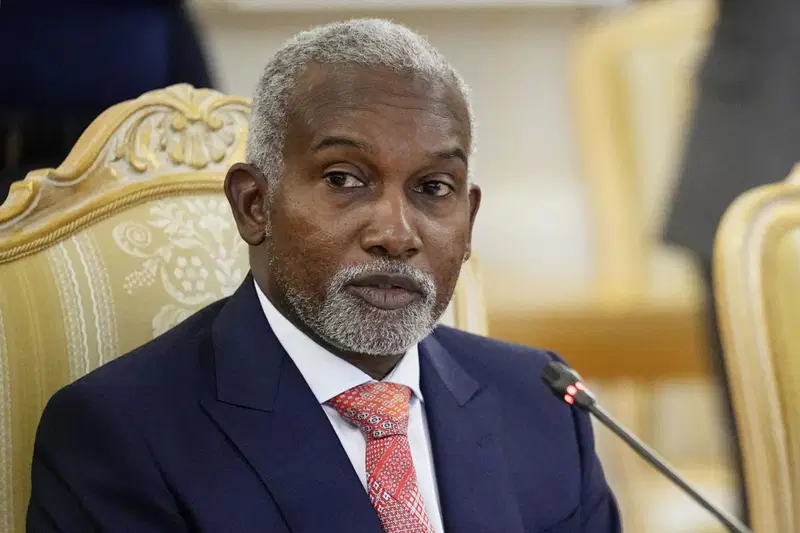
The Osun State House of Assembly has increased the 2025 Appropriation Bill presented by Governor Ademola Adeleke to N427,746,925,170 from the N390,028,277,740.
This is as the parliament passed the bill on Monday at a plenary presided over by the speaker, Olumide Egbedun.
According to a statement issued by Olamide Tiamiyu, Chief Press Secretary to the Speaker, the bill was passed after the Chairman of the House Committee on Finance and Appropriation, Olumide Fatunmise presented its detailed report to the House.
According to Tiamiyu, Speaker Egbedun commended the Committee and the entire Assembly for their dedication to a thorough review and swift passage of the bill.
Egbedun highlighted key sectors prioritised in the revised budget, including education, healthcare, infrastructure, tourism, and security.
He noted that the focus is to ensure the bill, once signed into law, delivers tangible benefits to Osun residents.
“The Osun State House of Assembly on Monday officially passed the 2025 Appropriation Bill of the state, amounting to N427,746,925,170 into law,” the statement read.
“The approval followed the presentation of a report by the House Committee on Finance and Appropriation, led by its Chairman, Hon. Olumide Fatunmise.”
Governor Adeleke initially presented the budget proposal of N390,028,277,740 for the 2025 fiscal year to the Assembly on Wednesday, November 13.
Breaking down the figures, the budget projected a total revenue of N390,028,277,740, comprising an opening balance of N30,001,125,120, recurrent revenue—including FAAC allocations—of N306,649,908,010, and capital receipts amounting to N53,377,244,610.
The total expenditure mirrored the proposed revenue at N390,028,277,740. Recurrent expenditure was set at N245,797,093,940, covering personnel costs of N102,895,821,010 and other recurrent expenses totalling N142,901,272,930. Capital expenditure stood at N144,231,183,800.
During his budget presentation, Adeleke underscored his administration’s progress in road infrastructure, revealing that 80% of existing gaps have been addressed, substantially reducing deficits.
Advertisement








